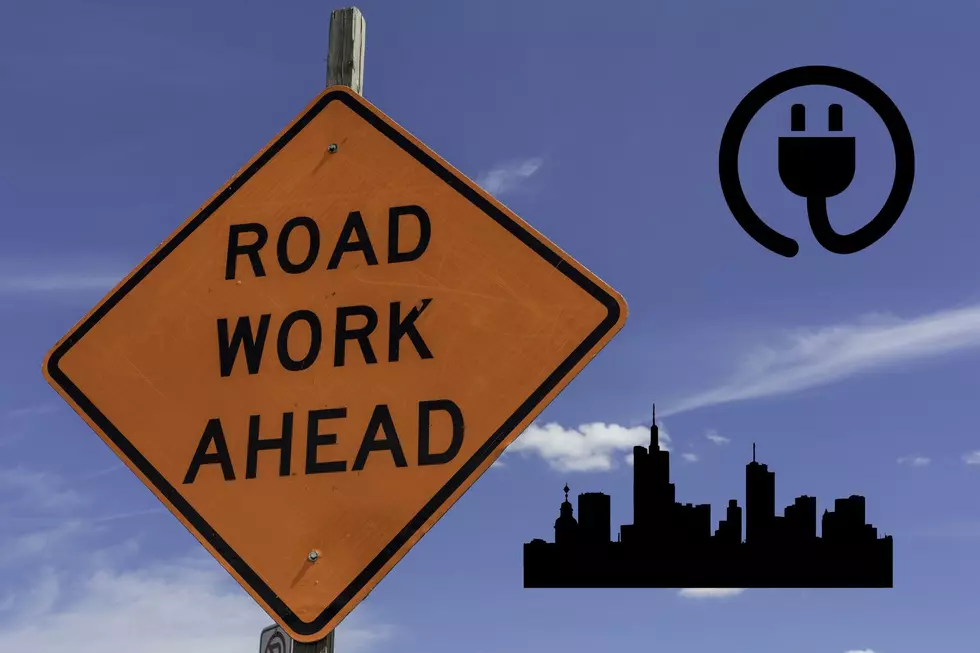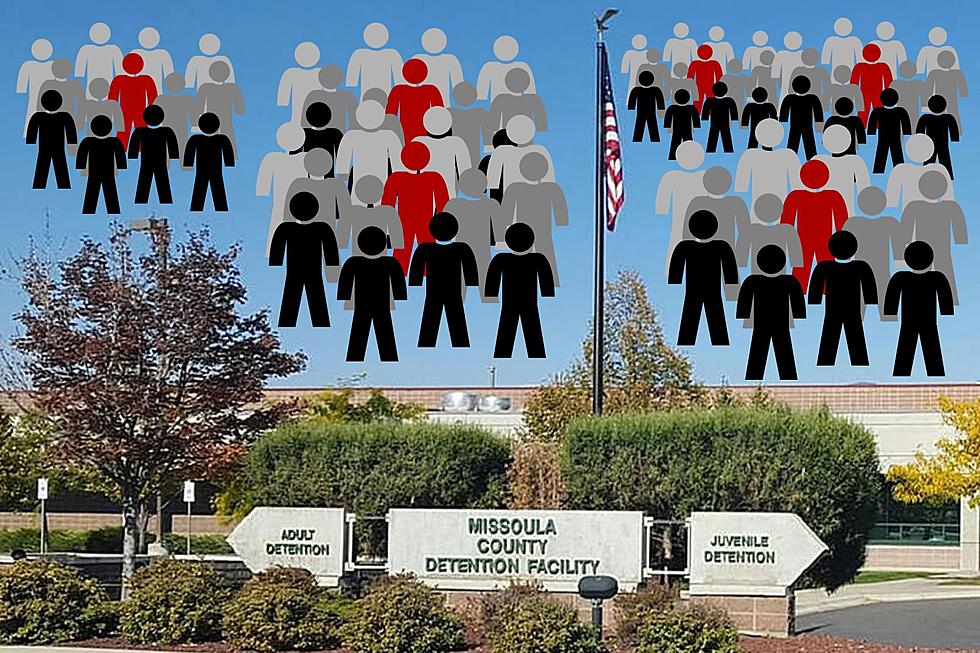
Natelson on HB 102, Board of Regents, and Roe v. Wade Decision
Constitutional scholar Rob Natelson with the Independence Institute in Denver appeared on the Talk Back show to answer questions from listeners on issues relating to the Montana and U.S. Constitutions.
One caller asked about the recent Montana Supreme Court decision that struck down a portion of HB 102, a gun bill passed by the 2001 Montana Legislature that allowed students to carry weapons on college campuses. Natelson said the court granted too much power to the Montana Board of Regents.
“The Board of Regents shall have full power, responsibility, and authority to supervise, coordinate, manage and control the Montana University System,” began Natelson. “So if you read that language, it appears to say that the Montana Board of Regents has absolute power over the university system and is absolutely responsible to nobody, not even the electorate because of course, unlike, in some states, the university regions are not elected.”
Natelson said the Montana Supreme Court had already addressed the issue of the Board of Regents’ power.
“In 1975, the Montana Supreme Court actually dealt with this and came up with kind of a balancing test,” he said. “The regents can govern some things and the legislature can govern others, and so that's really what this latest case was about. I think the for reasons I can explain I think that the court got the balancing wrong here, that this is more like a general, that House Bill 102 is more like a general police power regulation that should apply on university campuses.”
On the topic of the reversal of Roe v Wade, Natelson explained the furor that was evoked by the decision, and he laid the cause of what he termed ‘political operatives’.
For the past 50 years, Roe versus Wade has been very useful to the Democratic Party and to progressives,” he said. “They've taken the abortion issue and they've nationalized it. While you see President Biden's recent executive order on abortion, he has talked about emergency powers used on abortion, discussion of a federal law codifying Roe versus Wade, and then proposals by crackpots such as Massachusetts Senator Elizabeth Warren to actually have abortion clinics in red states built on federal land within those states.”
Natelson said the violent demonstrations and threats made to U.S. Supreme Court Justices were intended to intimidate at least one justice to alter their vote, which did not occur.
“There was apparently some hope that that they could get some justice on the court to flip,” he said. “Remember we talked about that the last time because they got a justice to flip on a case involving the Montana Constitution back in 1972. I think the target justice was Justice Cavanaugh, you know, hoping that they could get him to go along with Roberts to save Roe versus Wade to a certain extent so that we keep it as a national issue? Obviously, that didn't work. Justice Cavanaugh stood firm.”
Hear the entire hour with Rob Natelson with the Independence Institute here.
Get to Know Missoula A to Z
LOOKING BACK: Photos of Missoula and How It's Changed
14 Destinations to Visit With Direct Flights From Missoula
More From Newstalk KGVO 1290 AM & 98.3 FM









